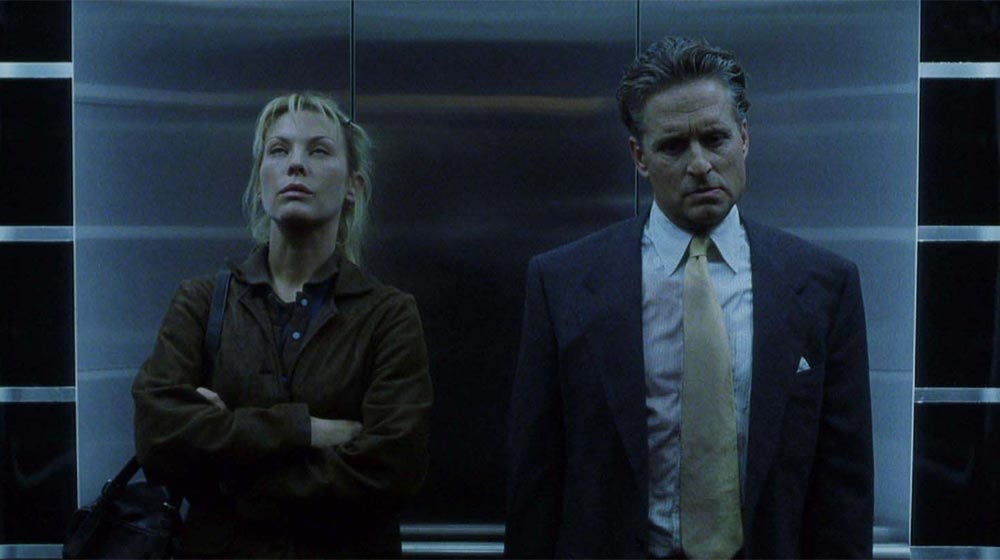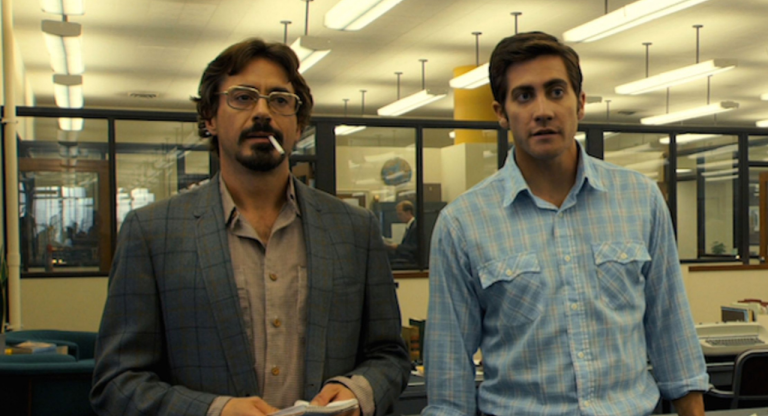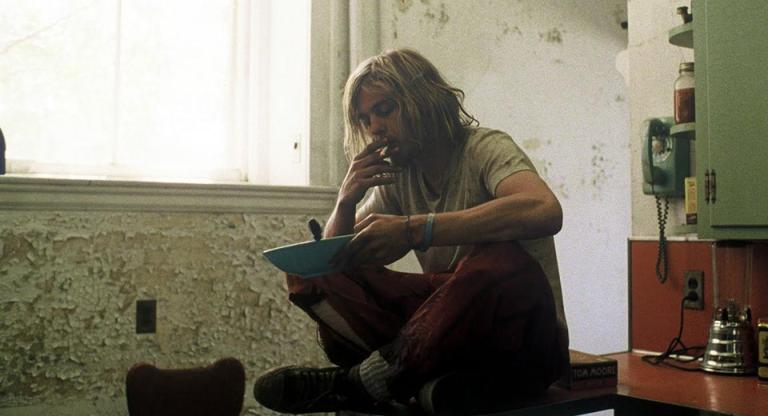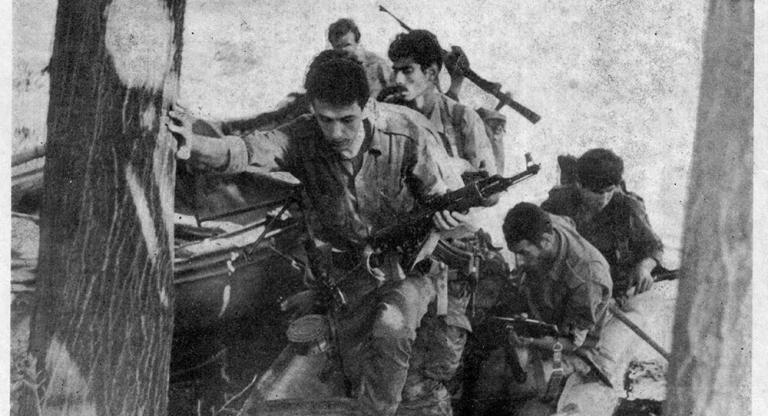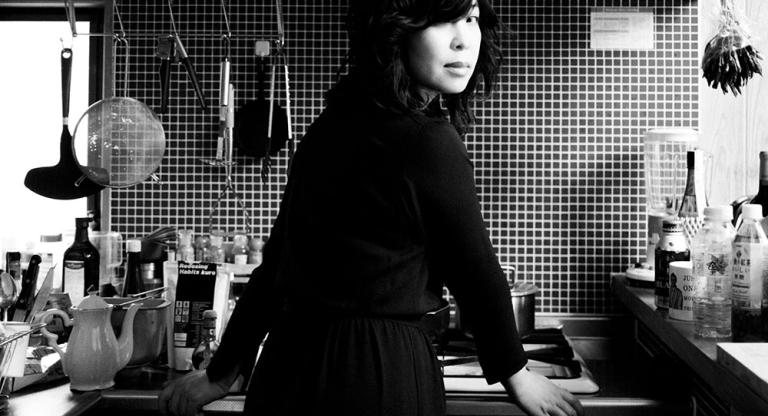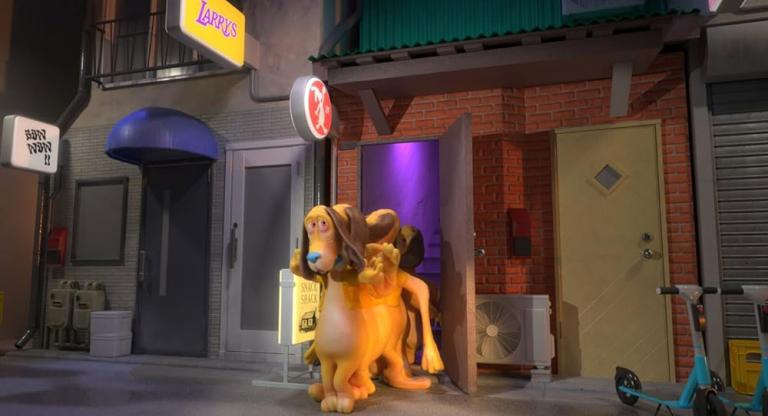In The Game (1997), credible briefcase-carrier Michael Douglas plays financier Nicholas Van Orton, a glacial adaptation of Fatal Attraction’s Dan Gallagher and Wall Street’s Gordon Gekko by way of Ebenezer Scrooge. On his 48th birthday, beset with patchy memories of his father’s suicide at the same age (curiously rendered as cut-in “home movie” footage complete with celluloid scratches), Nicholas receives a surprise visit from his raffish brother, Conrad (Sean Penn), bearing a gift for the man who has everything: access to “the game,” a personalized live-action experience courtesy of Consumer Recreation Services (CRS). As Nicholas collects clues and fields opaque instructions, what at first resembles the organized chaos of immersive theater—or a boundless escape room?—gradually degrades into a suffusive, surrealist nightmare from which liquidation and death are the only release.
Bookended by Se7en (1995) and Fight Club (1999), The Game is deceptively undersung among David Fincher’s breakout sensations, though its pleasures are arguably more ample, its insights more acute. Like the paranoiac thrillers to which it pays homage (a symptomatic overflowing toilet recalls The Conversation, Nicholas plays Vertigo’s pursuant Scottie Ferguson to Deborah Kara Unger’s enigmatic blonde; a byzantine San Francisco is setting to all three), The Game centers a plot twist, but its abiding fixation on subjective perspective—on the impressionism of dreaming, memory, and film itself—suggests a deeper alignment with mystery than with revelation. Doubling as a bleak parable for cinematic manipulation, the machinations of CRS cite and distort the “magic of the movies,” from the avant-garde video component of Nicholas’s initial diagnostic assessment (where, tellingly, he turns anxiously from the flickering screen to search for its projectionist) to the way an apartment’s imperfect staging warns him that what appears to be a home is tantamount to a set.
Fincher himself has said The Game is about “how movies dole out information.” This is apparent in its narrative tactics, but his how likewise refers to Harris Savides’s sumptuous yet selective photography, the low angles shot from white-tablecloth-level to keep servers’ faces handily out of frame. As in Birth (2004), Savides displays his talent for shooting wealth without opulence, gently veering between warm wood-clad interiors that feel like the bottom of a cognac glass and textures as coolly forbidding as the airport restroom’s obsidian tile. Spaces whose function one might take for granted are emptied or converted in an instant—or, if not altered, then revealed for their hidden barrenness, their cold indifference to use.
On its surface, The Game seems obsessed with transformation: of parts into a whole, as in the jigsaw-puzzle title sequence, or the curative illumination of CRS’s testimonial bible verse (“once I was blind, now I can see”). But A Christmas Carol this isn’t, and more compelling than pat conversion are the film’s compulsive returns. This celebration of Nicholas’s life builds to a sober conjuration of death, whose melancholy the film wisely presents without further contemplation, and answers only with cautious applause.
The Game screens tonight, March 28, in 35mm at Nitehawk Williamsburg as part of the series “Down the Rabbit Hole.”
